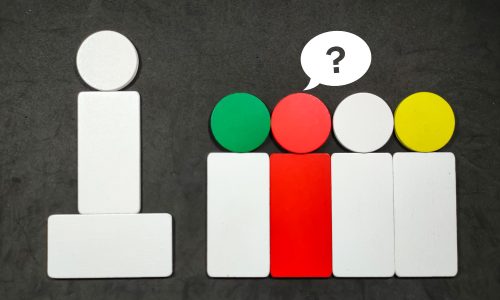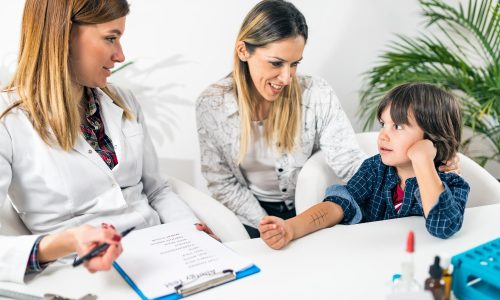
Îngrijire post-plajă: Rutina esențială pentru vară
Vara este sezonul perfect pentru a te bucura de zile însorite la plajă, dar expunerea…

Acidul salicilic pentru scalp: Soluția pentru părul gras
Părul gras poate fi o provocare pentru multe persoane, afectând aspectul și starea generală a…

Sforăitul: 9 cauze comune și soluții eficiente
Sforăitul este o problemă comună care afectează atât persoanele care sforăie, cât și pe cei…

INEO de la LAUFEN: inovație în design și instalare rapidă
Industria de baie este în continuă evoluție, iar inovațiile aduse în design și tehnologie aduc…

Alunițele: Cum le diferențiem pe cele suspecte de cele normale
Alunițele, denumite și nevi, sunt formațiuni cutanate comune care apar pe piele și care pot…

Netflix pentru exploratori: Cele mai bune documentare
Netflix este o sursă excelentă de inspirație pentru cei pasionați de călătorii și explorare, oferind…

luminează eficient camerele întunecate: 3 metode
În fiecare casă există cel puțin o cameră care pare întotdeauna mai întunecată decât ai…

Asortarea bijuteriilor la ținutele de iarnă
Iarna aduce cu ea nu doar vreme rece și peisaje acoperite de zăpadă, ci și…

Lectura: eliberare de stres și anxietate
Desigur, să discutăm despre cum lectura poate fi o eliberare eficientă de stres și anxietate….

Top cele mai bune anvelope off-road pentru 4×4
Atunci când vine vorba de aventurile off-road, alegerea corectă a anvelopelor pentru vehiculul tău 4×4…

Cum să alegi pediatrul ideal
Alegerea pediatrului pentru copilul tău este una dintre cele mai importante decizii pe care le…

Ghidul alimentației sănătoase: ce înseamnă cu adevărat
Alimentația sănătoasă este un subiect de interes pentru mulți dintre noi, deoarece influențează în mod…
